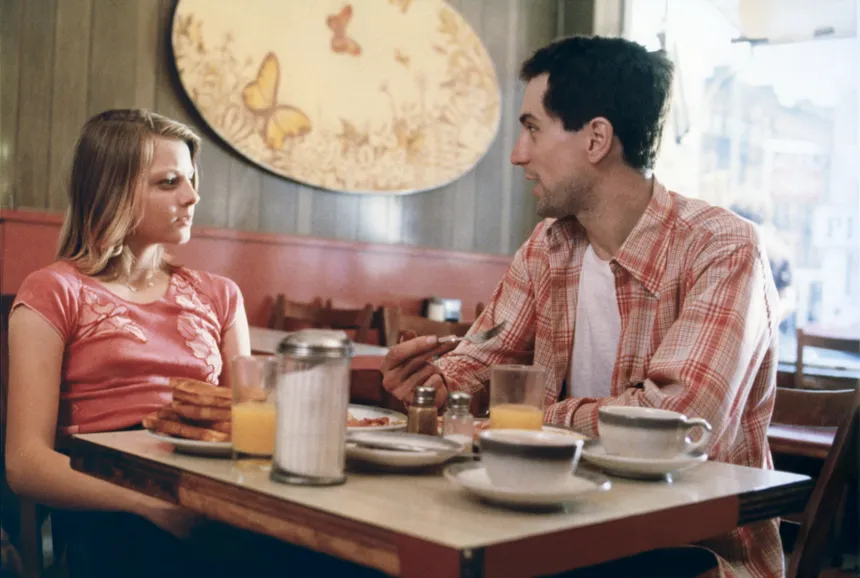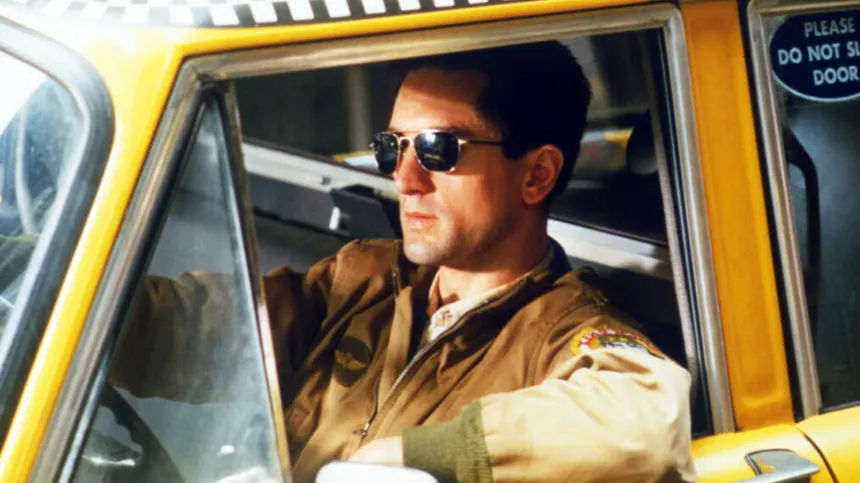The genre of film noir, which emerged in the 1940s, has had a profound influence on the world of cinema. Its dark, gritty, and morally complex stories have charmd audiences for generations. Despite a perceived decline in popularity over the years, the legacy of film noir lives on through the neo-noir genre. Neo-noir films take the fundamental elements of film noir and reimagine them for a contemporary audience, incorporating new settings, sub-genres, and a more explicit approach to violence.
Historically, film noir was characterized by its use of high-contrast black-and-white cinematography, atmospheric lighting, and a focus on crime and detection. Classic neo-noir films such as “Double Indemnity” (1944) and “The Big Sleep” (1946) set the stage for the genre’s popularity in the 1940s and 1950s. However, as the years went by, the genre’s popularity began to wane, and by the 1960s, it had largely disappeared from mainstream cinema.
But the essence of film noir never truly went away. Instead, it evolved and adapted to changing cultural and cinematic terrains. In the 1970s and 1980s, neo-noir films like “Chinatown” (1974) and “Body Heat” (1981) revisited the classic film noir formula, incorporating new technologies and themes to create a distinctive modern take on the genre.
In recent years, the neo-noir genre has experienced a resurgence, with films like “Memento” (2000), “The Usual Suspects” (1995), and “The Departed” (2006) paying homage to the classic noir style while also innovating and experimenting with new storytelling techniques. These films have updated the classic noir format, often incorporating elements of mystery, crime, and thriller genres, as well as nods to classic noir motifs such as redemption, sacrifice, and the corrupting influence of power.

A Still From Taxi Driver (1976) (Photo: Taxi Driver)
One of the key characteristics of neo-noir is its ability to balance genre and style. Neo-noir films often blend elements of film noir, crime fiction, and thriller genres, creating a unique and charming cinematic experience. For example, films like “LA Confidential” (1997) and “Mulholland Drive” (2001) expertly blend noir’s dark, gritty aesthetic with more modern themes and technologies.
The success of neo-noir can also be attributed to its ability to explore complex social and moral themes. Neo-noir films often critique societal norms and the darker aspects of human nature, offering a commentary on the times in which they were made. For instance, films like “Taxi Driver” (1976) and “The Fisher King” (1991) explored themes of isolation, loneliness, and the trauma of modern city life.
The neo-noir genre has managed to update and revitalize the classic film noir format, bringing new energy and innovation to the time-tested style. Through its ability to balance genre, style, and theme, neo-noir has cemented its place as a unique and vital part of contemporary cinema. As a genre, neo-noir continues to evolve and adapt to changing cultural and cinematic terrains, ensuring the timeless spirit of film noir lives on through its modern incarnation.
























